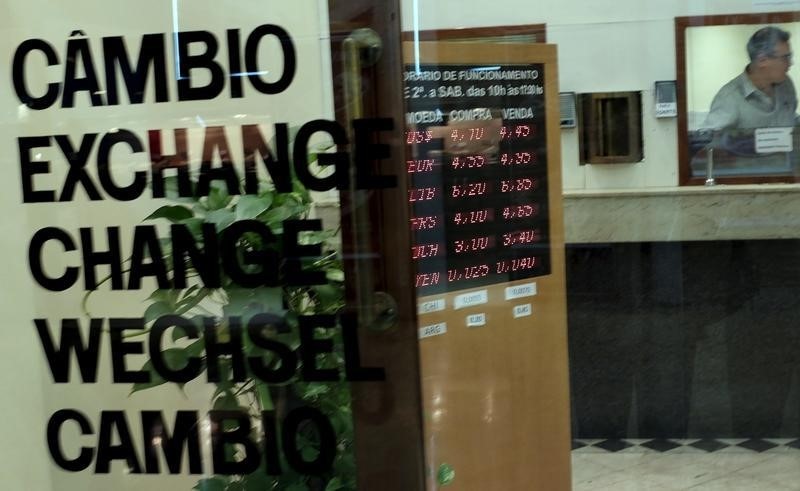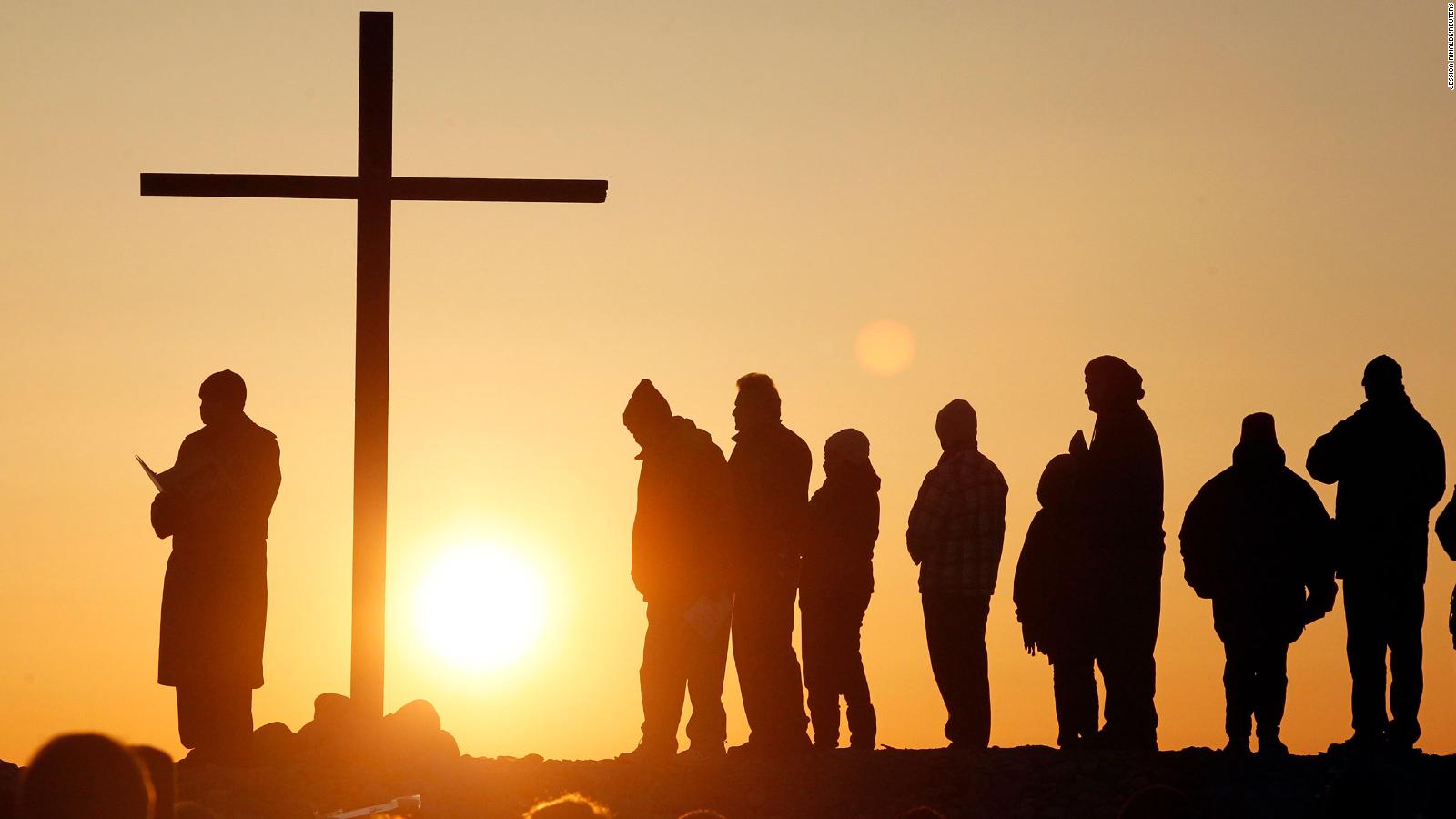© Reuters. The appetite for owning dollars in Argentina pushes prices to records
Buenos Aires, Apr 18 (.).- The renewed appetite for US dollars in Argentina, fueled by doubts about the electoral landscape and the weak economy of the country, has pushed the multiple prices of the US currency to new record levels on Tuesday .
The so-called “blue dollar” (informal retail market) reached a new maximum of 420 pesos per unit for sale, after revaluing 12 pesos on Tuesday.
Meanwhile, the price of the dollar in the formal retail market, where operations are very limited due to various restrictions imposed by the authorities, rose 50 cents and also reached a new maximum of 223 pesos per unit for sale to the public at the state-owned Banco Nation.
Thus, the “gap” between the official and informal listing is 88.3%.
Exchange pressures are recurring in Argentina, a country with serious macroeconomic imbalances, scarce monetary reserves and multiple parallel exchange rates, where values almost double the prices of the official exchange markets, access to which is highly restricted.
With very high and rising inflation (7.7% monthly and 104.3% year-on-year in March), political doubts are added to the economic uncertainty ahead of this year’s presidential elections, with a good part of the opposition candidates discussing how and at what speed to face an exchange rate unification or, eventually, to dollarize the Argentine economy.
Given this scenario, the search for dollars for coverage is growing and also drives the prices of the so-called “financial dollars.”
For example, the dollar “counted with liquidation” (CCL, which consists of buying shares or bonds locally with Argentine pesos and selling them in dollars on Wall Street) rose 3.7% this Tuesday, to a record of 424.01 pesos per unit .
With this new mark, the CCL dollar almost doubles the value of the currency in the official wholesale market, where this Tuesday the US currency advanced 56 cents, also to a record of 216.94 pesos per unit for sale.
As observed by the economist Gustavo Ber, the prices of the “free dollar” and financial dollars “are rearranging” in the face of “the coverage that electoral processes usually activate” and in a “scenario of acceleration of the economy’s nominality.”






